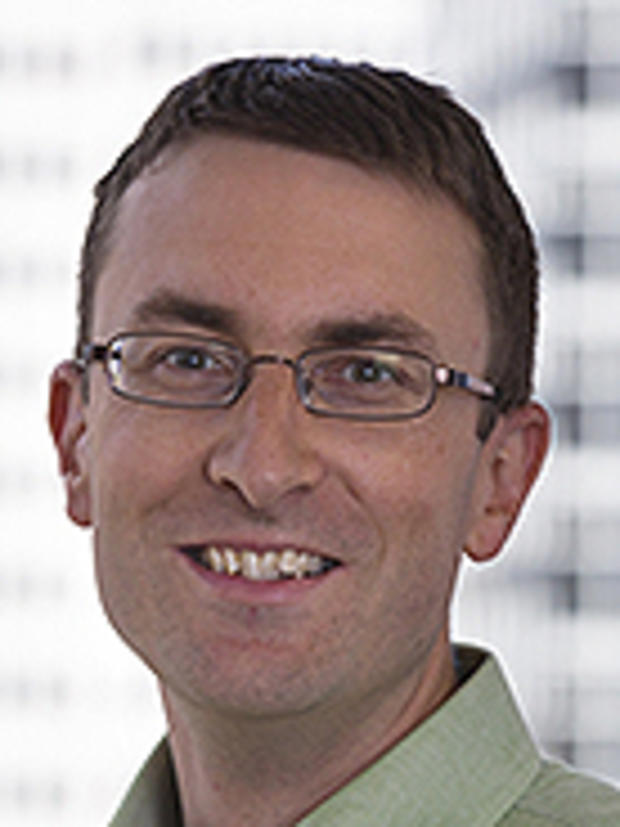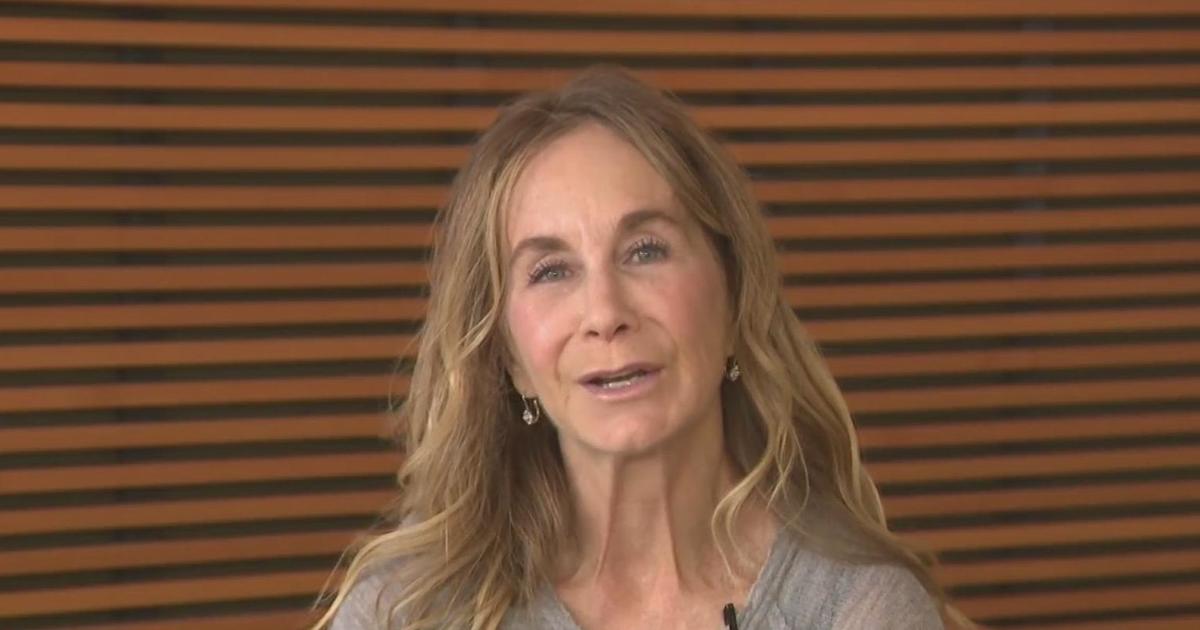Cryptographer Advises Students To Learn Tools, Skills Outside Traditional Coursework
San Francisco tech students can gain invaluable advice from one of the most respected experts in the industry. Paul Kocher is the president and chief scientist of San Francisco-based Rambus Cryptography Research. Taking time away from an incredibly busy schedule while attending the recent RSA Conference in San Francisco, he managed to share some thoughts on his prestigious career and advice for students hoping to enter the information security sector.
What is your background and education?
"I intended to become veterinarian, and my formal education ended with a Bachelor of Science degree in Biology from Stanford University. While at Stanford, I had become curious about cryptography, and found that work in the area could pay my tuition. When I graduated in 1995, I founded Cryptography Research with no business plan but with an intuition that the intersection between the theory of cryptography and real-world systems would be critically important. One of my early projects was to co-author the widely used SSL 3.0 standard (the padlock in the URL bar)."
What type of services does CRD provide?
"The Rambus Cryptography Research Division specializes in embedded security solutions, helping companies eliminate fraud, piracy, counterfeiting, and other forms of security abuses. The company develops and licenses innovative, semiconductor security technologies in areas including tamper resistance, content protection, network security, payment and transaction services. Nearly 10 billion security products are made annually using Rambus Cryptography Research security technology, which help protect hundreds of billions of dollars of commerce for the government, wireless, telecommunications, financial, digital television, entertainment, consumer electronics, and Internet industries."
What career advice can you offer to students interested in a career in technology?
"I have two suggestions: First, teach yourself useful tools and skills outside of traditional coursework, even if you don't know how they'll be useful. In my case, I've often been able to take advantage of serendipitous moments because I happened to have previously taught myself something. While it's hard to predict what knowledge will helpful in the future, the diverse subjects that have proven valuable for me in at various times have included statistics, patent filing, accounting, semiconductor manufacturing, number theory, and software reverse engineering. My other suggestion is to look for a field with practical application, economic factors that favor quality over cost, and where rapid transformation is creating opportunities for new people."
Randy Yagi is a freelance writer covering all things San Francisco. In 2012, he was awarded a Media Fellowship from Stanford University. His work can be found on Examiner.com Examiner.com.




